Most of us love pets, especially dogs. Luckily, we have a variety to choose our favorite pet from. Dogs come in various sizes, shapes, and other features. These features include non-smelling, low shedding, grooming variations, etc.
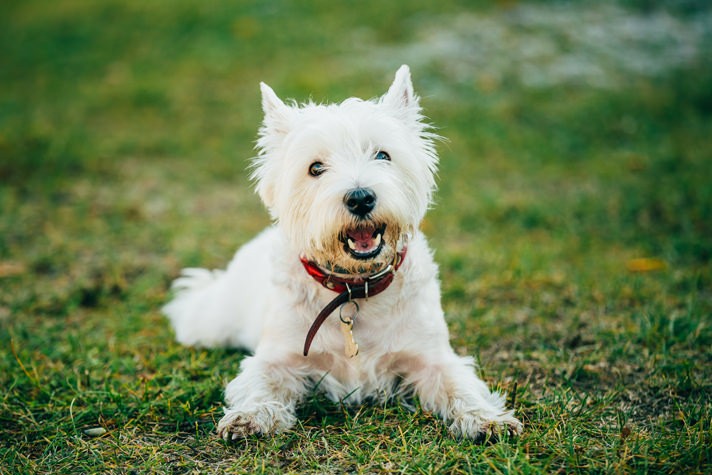
People love small dogs who are agile, smell-less, and shed less. Some dog breeds are available with all these features like small dogs that don’t shed. Classical genetics and biotechnology have also played a major role in providing desired traits to dog-lovers. Artificially selecting traits and cross-breeding different species result in a generation that has ideal traits. The question now arises, are these traits linked to each other?
Shedding and size of dogs, however, don’t seem related. These traits are encoded by different genes, and hence the size of dogs has nothing to do with how much and when does it shed. It also makes it easier for geneticists to cross two different traits (shedding and size) to develop a generation of mix-breeds that have small dogs that don’t shed.
Dog Breeds sheds the least and small dogs that don’t shed
With how natural is shedding, almost every dog undergoes this process. The top 20 shedding dogs include hounds that are hunting dogs, like Labrador retrievers, German shepherds, golden retrievers, and others. Comparatively, dogs that don’t shed badly are Japanese chins, American and Mexican hairless terriers, border terriers, and many others who have a coat or hair instead of fur. The fur is associated with excessive shedding. If you want a dog that doesn’t shed and is easily groomed, you must get yourself a Bichon Frise, a Brussels griffon, a Yorkshire terrier, or a poodle. Because these are the small dogs that don’t shed and are playful, loving and make the best pets.
Puppies shed more than grown dogs
Referring to small size, puppies are quite miniature as compared to full-grown dogs. And they do shed more than them. But this has nothing to do with the size of the dog. It is more about the aging stage that a dog is in. Puppies are in the development process to maturation, and hence are constantly changing their features to be the fittest. Therefore, shedding is common in them. Shedding in puppies depends upon the breed and the time of the year when they tend to shed. You can also see non-shedding puppies, and these replace their coat once in their lifetime. Generally, non-shedding dogs were a myth but biotechnology has made it possible.
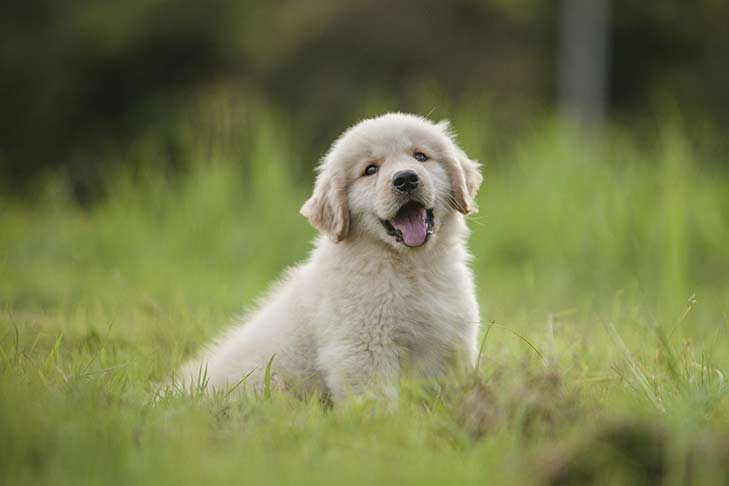
Pertaining to the statement mentioned above, small dogs that don’t shed include all the breed-mixes, like Chihuahua-Yorkshire mix. These species are selected to be agile, loving, easily groomed, small, and clean.
Is shedding associated with the size of the dogs?
Many traits seem to be the result of linked gene interactions. These can be due to epistasis, pleiotropic, or polygenic effects. Pleiotropy is when one single affects the phenotype of many traits. Like one gene plays a role in the size and shedding of dogs. On the contrary, when multiple genes are assigned to confer one phenotype, they are known as polygenic traits. Many dog traits are the results of gene interactions. For example, the Labrador coat color variation is due to 9-12 epistatic effects of several genes.
What is the reason for a large variety of dogs’ sizes?
Scientists have been trying their best to answer many scientific queries and to find proofs of the eternal truths. One of these queries that have muddled many is why dogs come in such different sizes. Dogs that belong to a breed are almost of the same size. So, what causes a huge variety among breeds? Geneticists argued that the key to this lock is in the DNA of dogs, and they were right all along. The gene that controls the size of dogs resides in chromosome no. 15 and is the insulin-like growth factor gene. Scientists picked the Portuguese water species to determine the genetic reference because this breed has both large and small dogs. It was vivid, that whatever causes the mutations are present in these breeds.
The answer to the question ‘what’ is single nucleotide polymorphisms. These are mutations in the sequence in which one nucleotide is changed, hence altering the entire phenotype. As unlimited nucleotides can be mutated, the variety in size is huge.
What breed of dog doesn’t shed or smell?
Shedding is a natural process for dogs, and the smell is their characteristic. So having a non-shedding or non-smelling dog is ideal and not commonly found. Nevertheless, you can always find many species that shed less and don’t smell that bad. These are the best pets. Some of such breeds are the Bichon Frise. They have a hypoallergenic coat. It doesn’t shed, and hence grooming these dogs is much easier. You only have to clip them sometimes. Teacups are dogs that are the smallest in size, and some of their mix-breeds neither shed so often nor smell.
Best Dog Breeds
Many pet lovers are looking for best dog breeds. If you are one of them, here are some dog breeds.
Tibetan Terrier
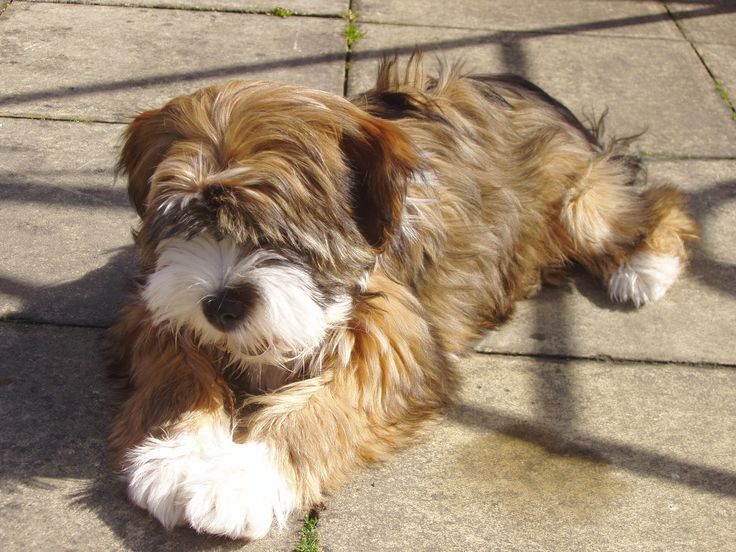
Tibetan is a hypoallergic dog. It sheds minimally. This breed is affectionate, sensitive and clever. Its height is normally between 14-17 inches.
Akita Chow
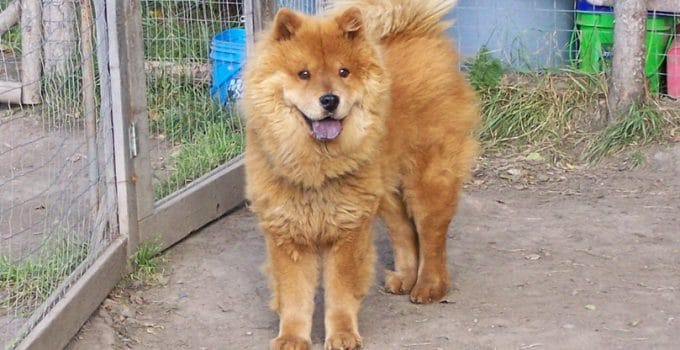
Akita Chow is a mixed breed dog. It is loyal and overly affectionate. Its height is normally 26-28 inches(male) and 24-26 inches(female).
Poodle

Poodle falls under hypoallergenic breed. It varies among white , black and apricot color. It is proud, active and smart breed. Its height is normally over 15 inches.
Border Collie
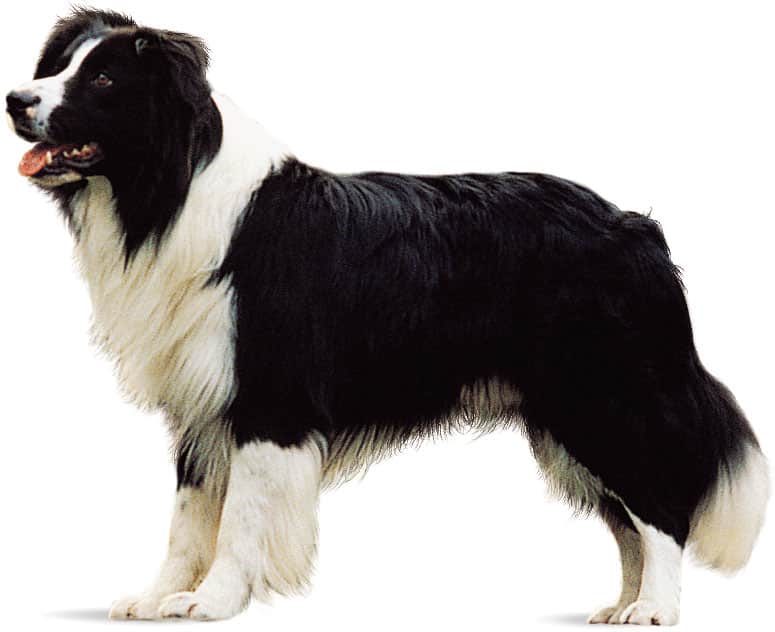
Border Collie is bright workaholic. It belongs to Herding group. Its height is normally 15-20 inches. It is affectionate, smart and energetic.
What small dogs that don’t shed or shed the least?
If we are to select a breed that has small dogs that don’t shed, the selection is not difficult. Several breeds qualify, including cockapoo, Maltese terrier, Havanese, and Mexican hairless species. Affenpinscher, also known as the monkey-like terrier, is the cutest, smallest and non-smelliest dogs that don’t shed much often. They are appealing as they have a collection of ideal traits. They have a wiry coat and no fur means no shedding. They shed very little and can be maintained quite easily by brushing twice a week.
What are the quietest small dogs?
With so many names, Basenji dogs, in my opinion, win the title of the smallest and smartest non-shedding dogs. They are termed as bark-less dogs. Barking, like shedding, is a natural phenomenon of dogs. This is their way of interacting with their biotic environment. So unless your dog is mute or dumb, the barking is inevitable. All that matters is the degree and pitch of barking. Some bark at a high pitch and degree and are loud. Basenjis, however, are quiet dogs and tend to scream, growl slightly or yodel in a much comforting way than barking. That is why they are preferred as pets.
Some other quiet small dogs are:
- Cavalier King
- Italian Greyhound
- Japanese Chin
- French Bulldog
- Havanese

A fervent champion for holistic well-being, graces this community with her expertise in health and fitness. With a solid educational foundation in physical fitness and a commitment to empowering others, Sara distills her extensive knowledge and experience into actionable insights. Her writing, firmly grounded in evidence-based practices, aims to demystify health complexities and inspire readers to cultivate sustainable habits for a balanced life. As a certified fitness trainer, Sara offers a well-rounded perspective on wellness. Join Sara on this transformative journey towards a happier, healthier, and more vibrant you.






Loading…